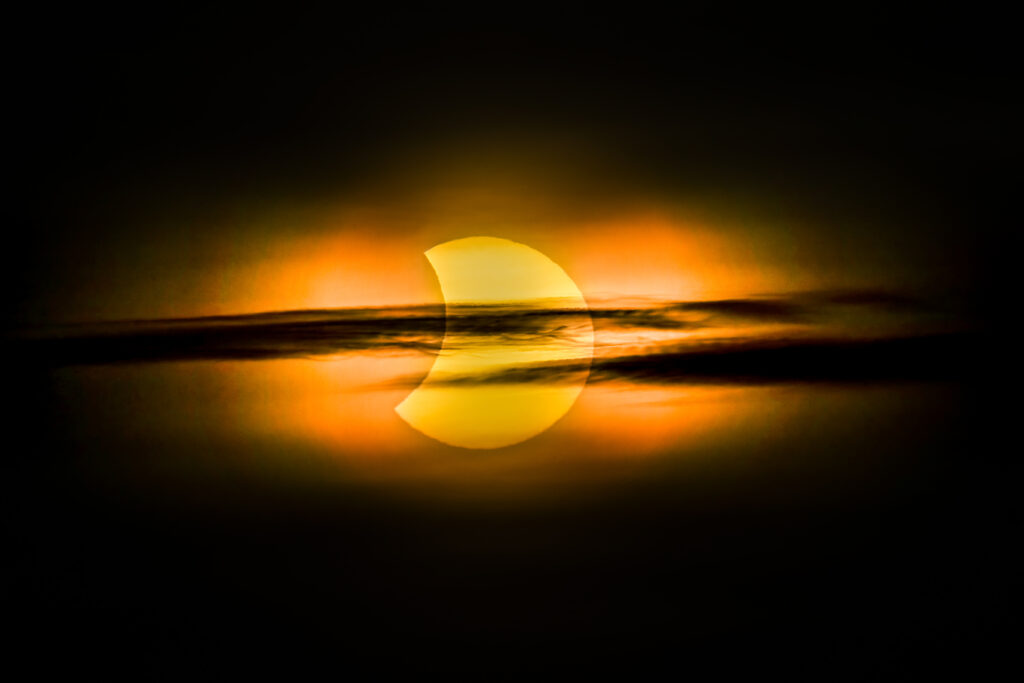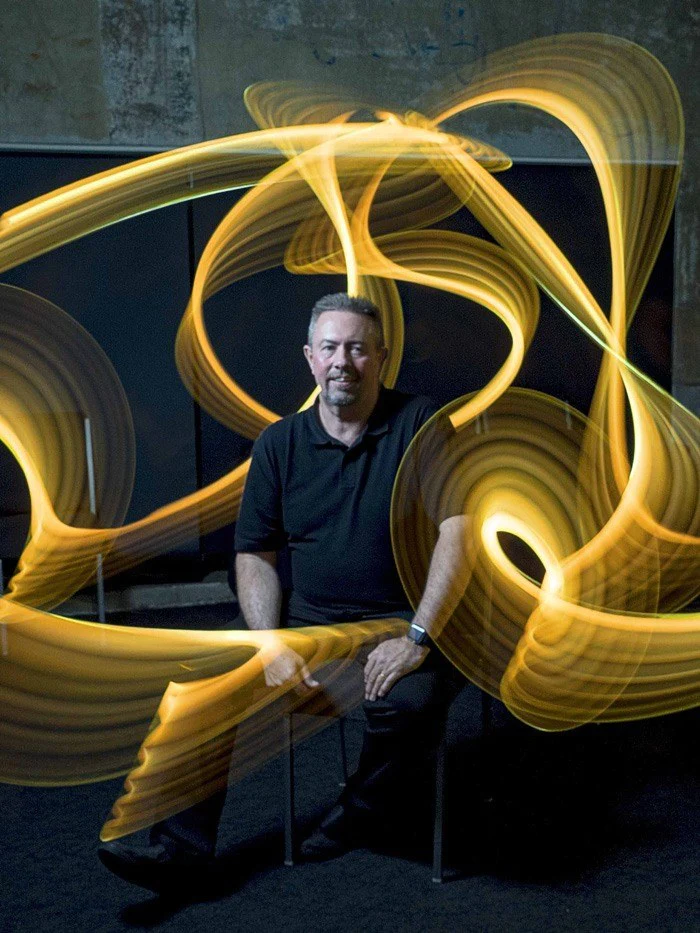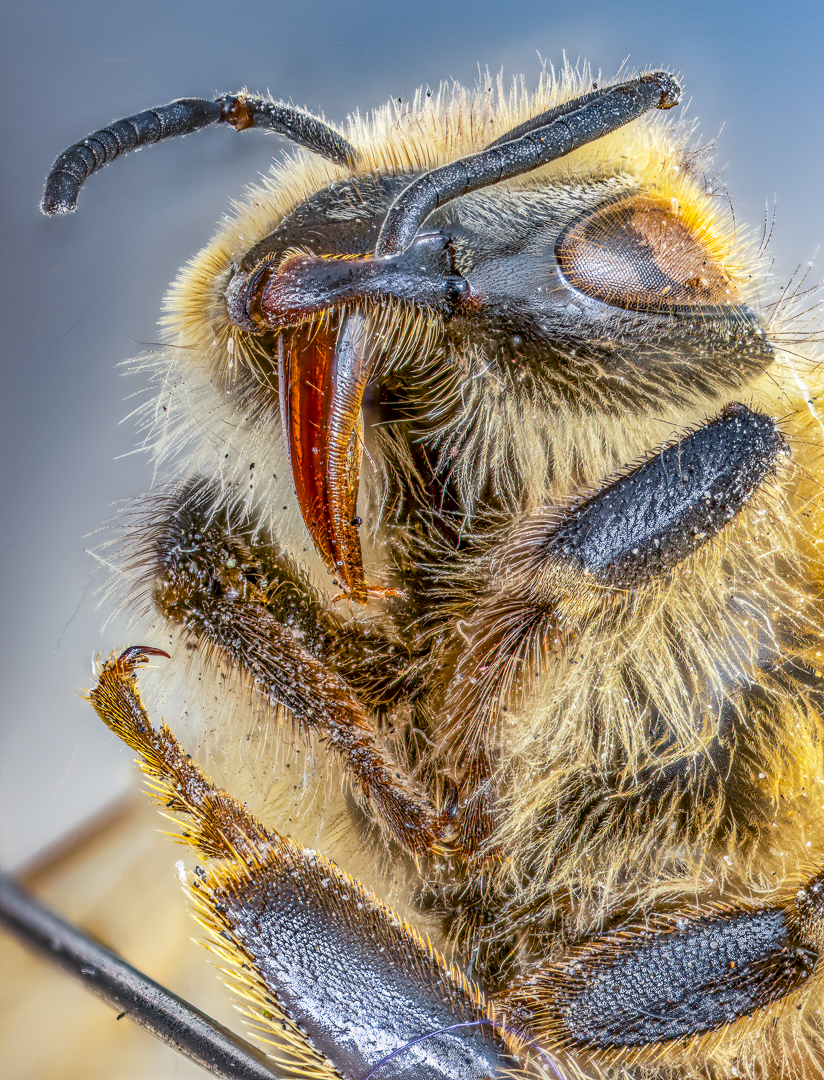Drones have become a hot topic in the news and with the general public over the last couple of years.
As the technology has become more and more sophisticated, the vocal outcry against them has increased. As with all new technology, there are going to be scare stories, misinformation, and misuse.
However, drones are here to stay and today we would like to counter some of the rumors, and mistruths over the use of unmanned aerial vehicles.
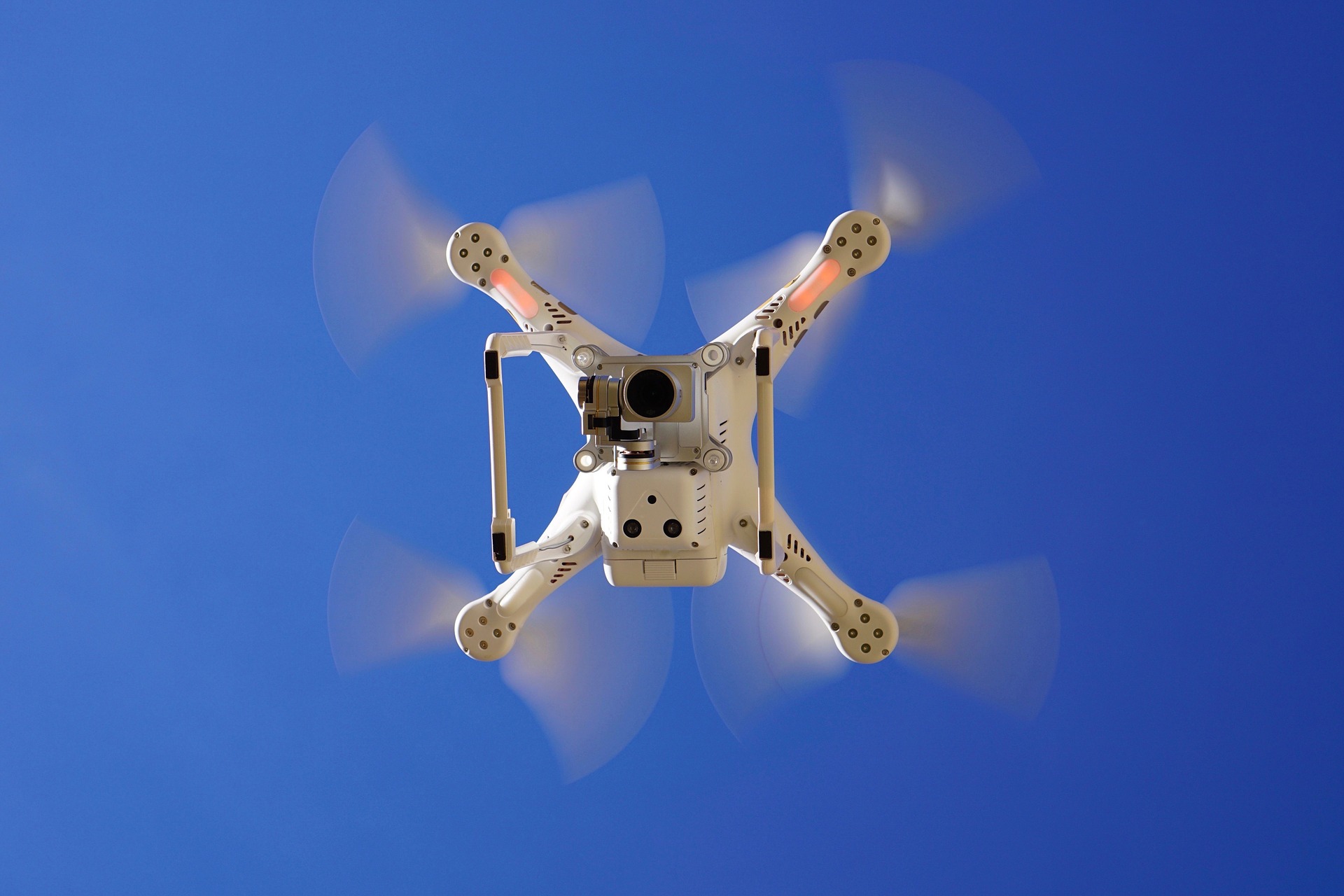
Safety
Another week, another drone near miss story. And yes, these near misses do happen but it's not because of the drone but the ignorance of the operator.
Drone manufacturers such as DJI have huge amounts of money invested in their products so it is very much in their interest to make sure drones are flown safely. As the equipment has become more sophisticated so have the safety features built in.
One of the most powerful tools drone companies have is called geo-fencing. This allows the company to effectively create no-fly zones over sensitive areas such as airports, prisons, and military bases. This can be a very effective way to prevent illegal flying and incursions.
DJI for example geo-fence in multiple zones. Close to a major airport, you cannot take off at all. A little further out and you need to request permission from DJI by confirming your personal details.
This would enable DJI to pass your details on to the relevant authorities if someone has been reckless yet allow pilots with genuine reasons to fly to do so without too much hassle. A further outer ring simply informs you to be aware that you are in controlled airspace and to pay attention to local regulations.
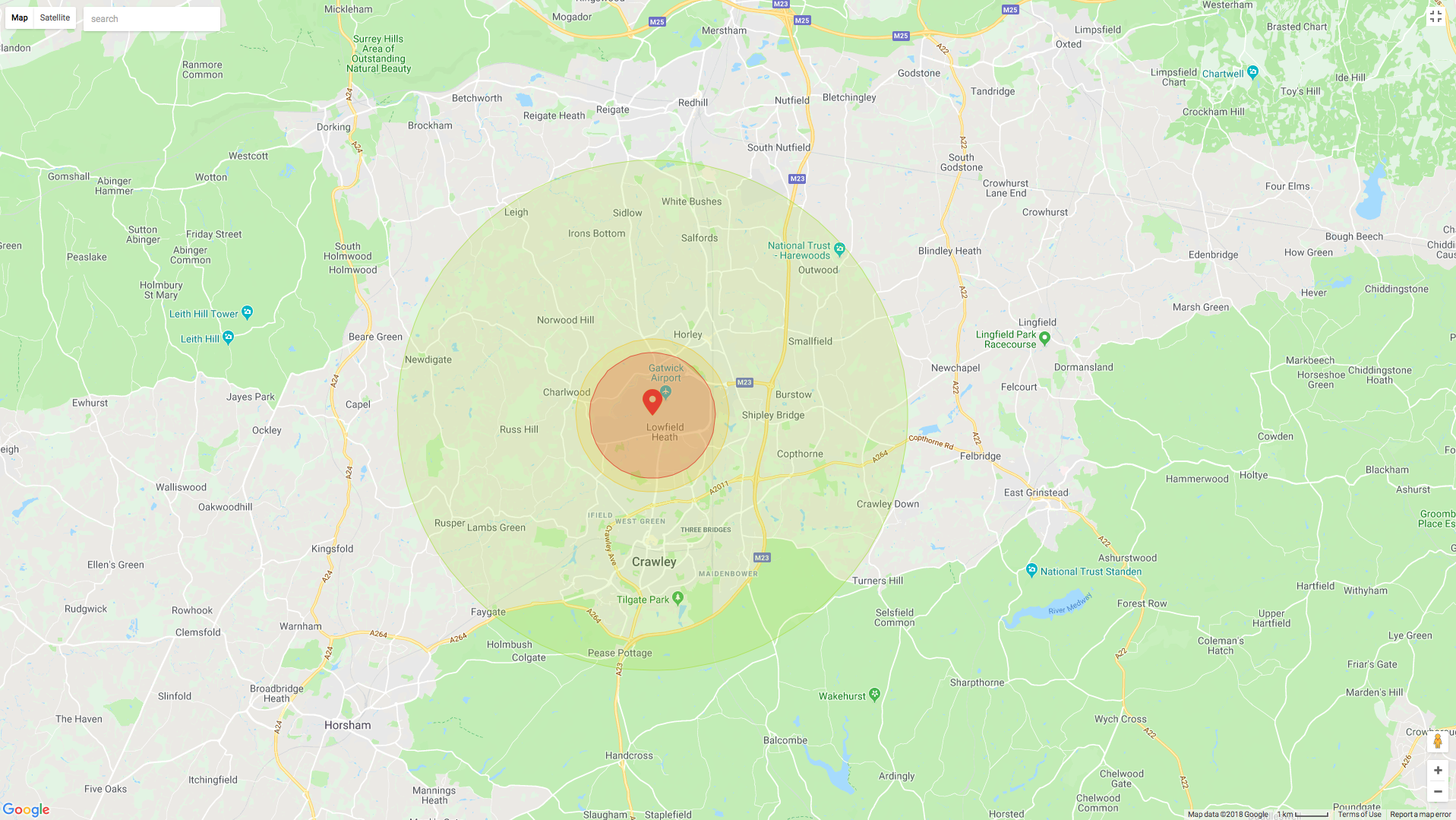
Those local regulations are another source of safety. Most countries have a “drone code” that pilots are legally obliged to follow. In the UK, for non-commercial use, this means at least 150m from buildings and infrastructure and below 400ft.
The drone must also remain within 500m of your position or within visual sight, whichever is closer. Most countries also require you to take tests if you wish to shoot commercially and to have commercial liability insurance.
Privacy
Privacy is another one of the big issues in the war against drones. It is also one that often brings a wry smile to most drone users. The reason for this is the age-old concept of perception against reality.
The perception is that from 400 feet drone pilots can zoom their lenses and pick out what people are doing in their bedrooms or gardens.
The reality is that the vast majority of drones have very wide angle prime lenses, 21-24mm being the most common. From twenty or so meters, people are tiny in the frame.
Let's ramp that up a little and factor in that non-commercial drone pilots must be 150m from people or property and you can imagine just how small an individual will be in the frame.
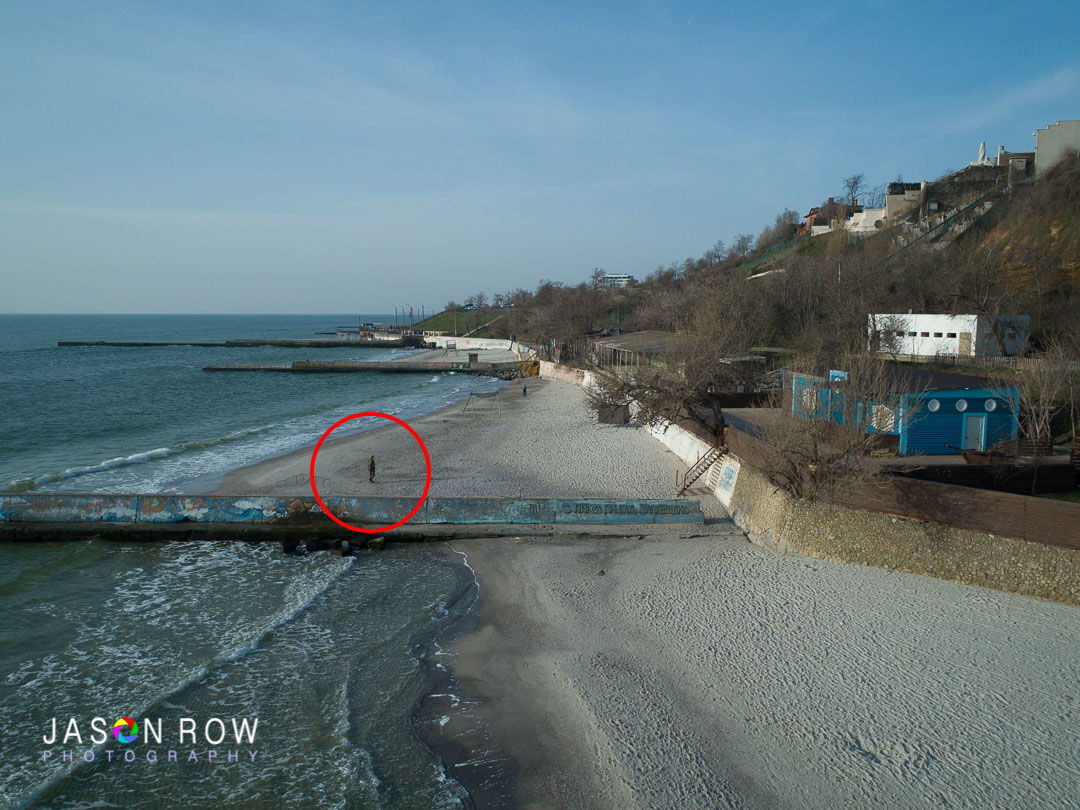
When it comes to privacy in a public place such as a beach or park, then quite honestly you are much more likely to have a recognizable picture of yourself taken by a ground-based photographer than any drone user.
The chances are that you have photo-bombed countless pictures over the years. If you are in a public place you cannot expect the right to privacy from photos unless the photo is intended for commercial use.
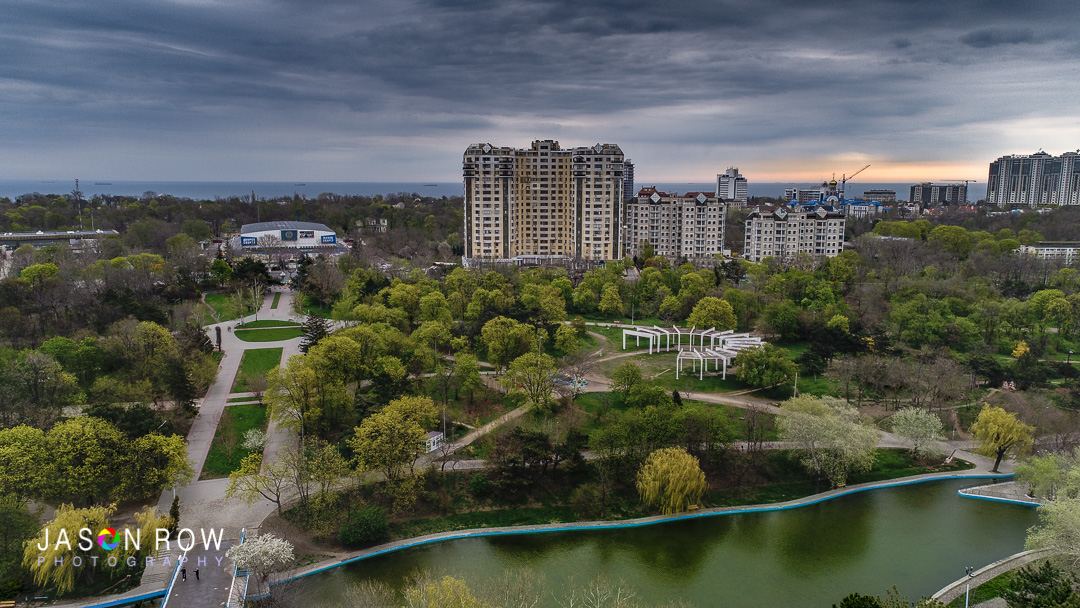
Another stick used to beat drone photographers is the nuisance factor. Again returning to the drone code rules, if the drone is 150m from you not only can you barely see it, you certainly cannot hear it.
It's about tolerance, we all share the same public spaces, if you are the sort of person that gets upset because cyclists are, legally, using your local public space then you will probably feel the same about drones, dogs, and even frisbee throwers.
Unless the regulations state otherwise, a drone user as much right to use a public space as you. So long as he or she follows the local guidelines, they are going to be much less nuisance to you than some other activities.
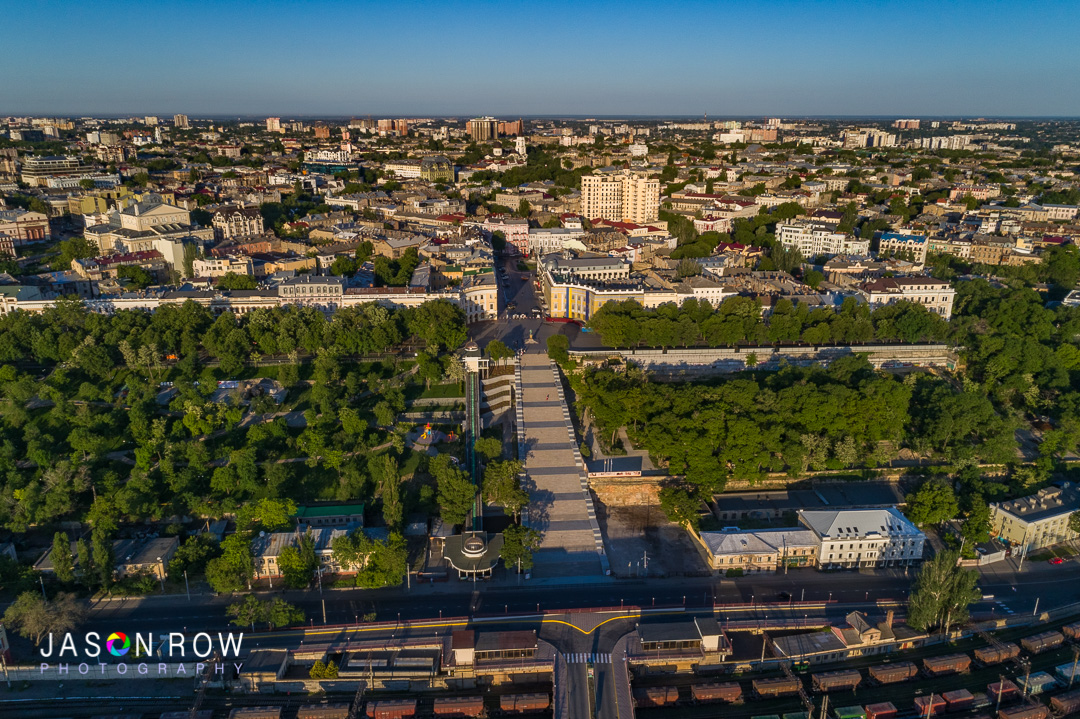
Regulations.
Of course, a lot of this arguments become moot if people do not follow local laws and regulations. There is, of course, a minority in any genre that will buck the rules. Think of cyclists that jump red lights or motorists that do not give cyclists enough space on the road.
Personally and I think I speak for many responsible drone users, better, more thorough regulation is the key, even for recreational drone photographers. Drone registration I suspect will become mandatory in the near future, but beyond that, I suspect drone companies will build into their terms and conditions that the will maintain flight logs for a certain period.
This would allow authorities to more easily track down people that fly in an unsafe or disruptive manner. I would not be against people being banned from owning drones if they do fly dangerously if it weeded out the stupid and irresponsible.
Aviation authorities around the world are predominantly pro-drone. They recognize the economic and other benefits of a successful drone industry.
Drone companies also very much have a vested interest in making drones and drone flying safer. If they can continue to improve the safety aspects and educate new drone pilots to fly responsibly, then the future will be good for us drone photographers, and the myths and mistruths will disappear.
Have some thoughts? Give us your views in the comments below

